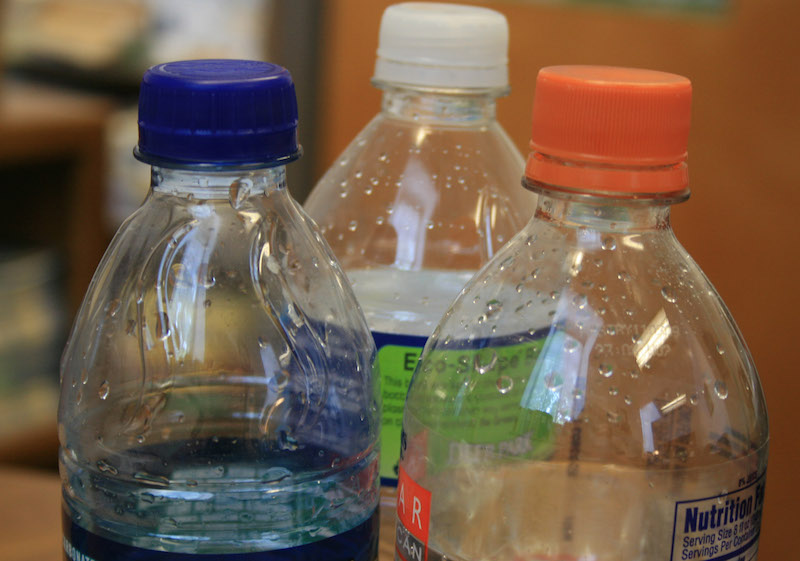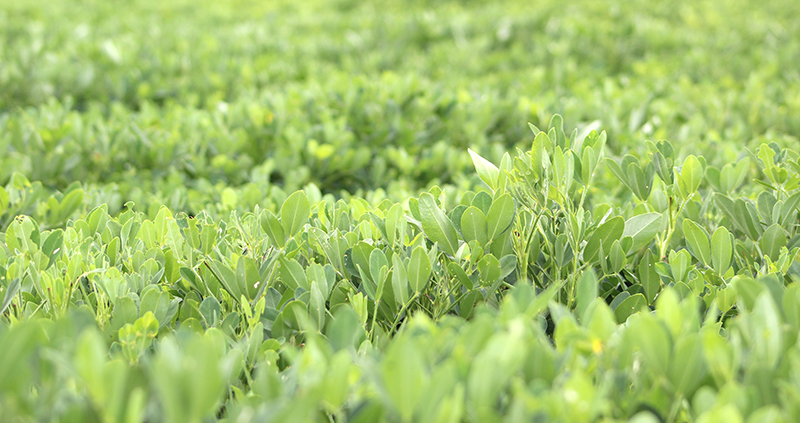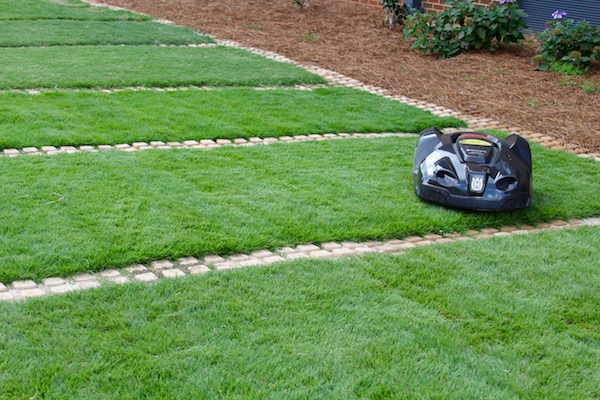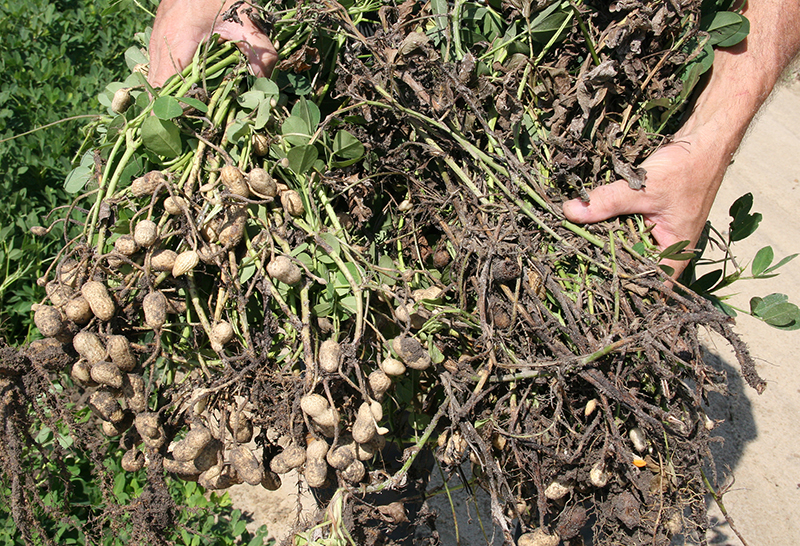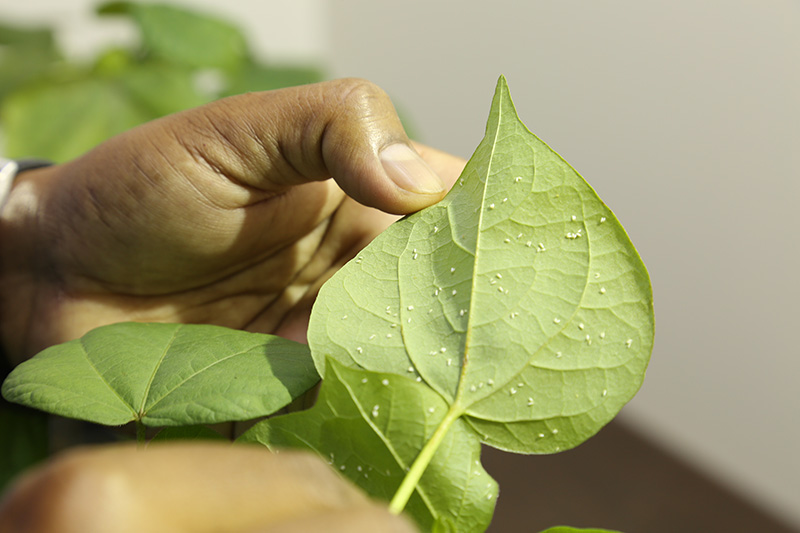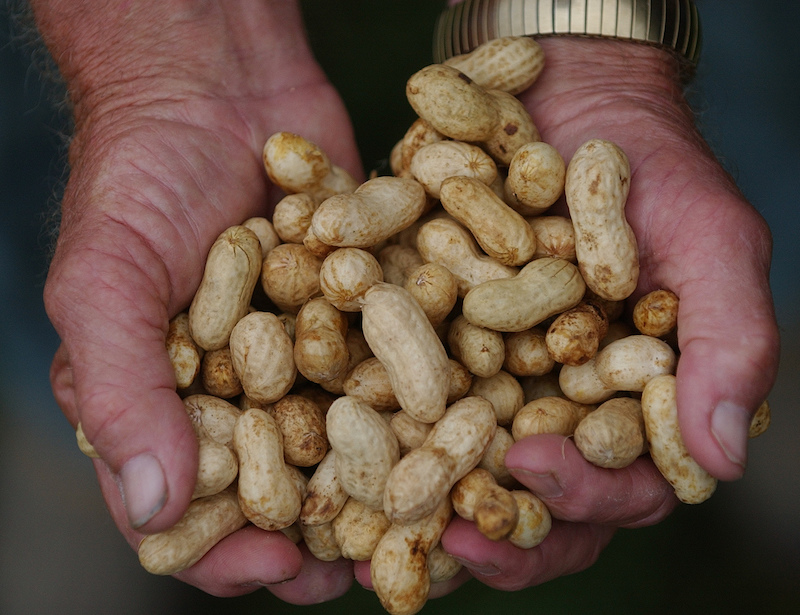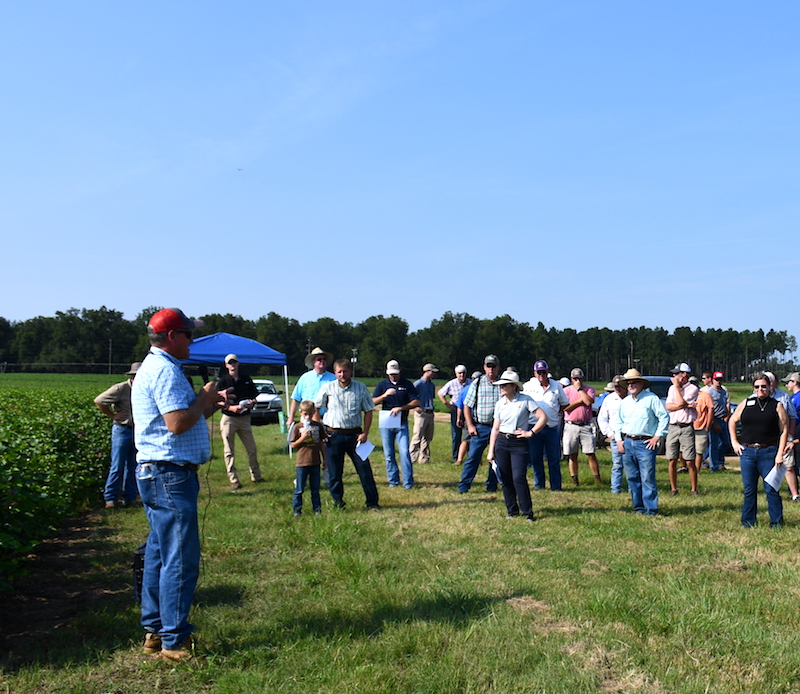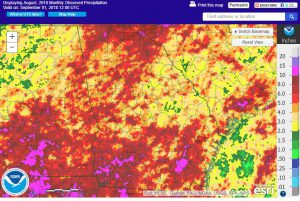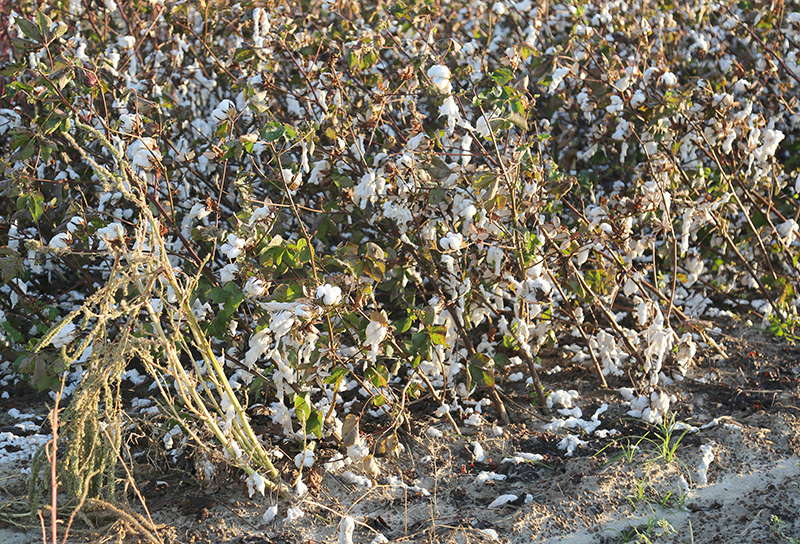 CAES News
CAES News
Georgia Cotton Crop
What was an extremely promising Georgia cotton crop was devastated when Hurricane Michael ravaged south Georgia Oct. 10-11. According to Jared Whitaker, University of Georgia Cooperative Extension cotton agronomist, the prospects of 1,500 to 1,800 pounds of dryland cotton for some producers were reduced, resulting in 80 to 90 percent losses in some fields.

